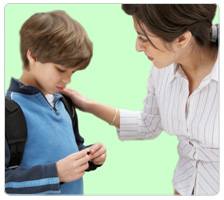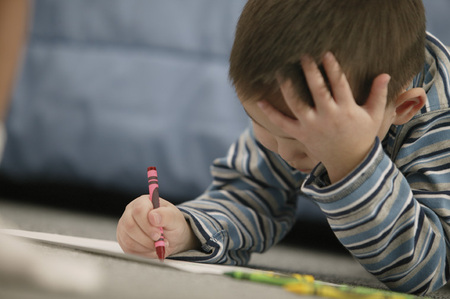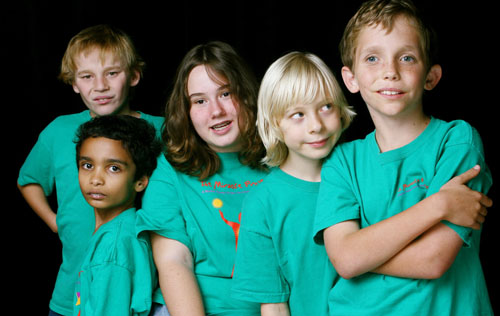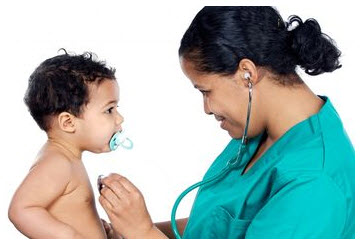What is autism? Autism is a development disorder that appears in the first 3 years of life, and affects the brain's normal development of social and communication skills (Citation 42). Autism is characterized in varying degrees, including: difficulties in social interaction, verbal and nonverbal communication, and repetitive behaviors. Different types of autism includes: Rett syndrome, childhood disintegrative disorder, pervasive development disorder-not otherwise specified (PDD-NOS) and Asperger syndrome. Autism can be associated with intellectual disability, difficulties in motor coordination and attention and physical health issues such as sleep and gastrointestinal disturbances. Some people with autism excel in visual skills, music, math, and art (Citation 43). |
 (Citation 150)  | Symptoms of Autism: Children with autism generally have problems in three crucial areas of development — social interaction, language and behavior. But because autism symptoms vary greatly, two children with the same diagnosis may act quite differently and have strikingly different skills. In most cases, though, severe autism is marked by a complete inability to communicate or interact with other people. Social skills -Fails to respond to his/ her name -Has poor eye contact -Appears not to hear you at times -Appears unaware of others' feelings -Seems to prefer playing alone-- retreats to his/her "own world" |
Language -Starts talking later than age 2, and has other developmental delays by 30 months -Loses previously acquired ability to say words or sentences -Doesn't make eye contact when making requests -Speaks with an abnormal tone or rhythm-- may use a singsong voice or robot-like speech -Can't start a conversation or keep one going -May repeat words or phrases verbatim, but doesn't understand how to use them (Citation 154) |  (Citation 152) |
 | Behavior -Performs repetitive movements, such as rocking, spinning, or hand-flapping -Develops specific routines or rituals -Becomes disturbed at the slightest change of routines or rituals -Moves constantly -May be fascinated by parts of an object, such as the spinning wheels of a toy car -May be unusually sensitive to light, sound and touch, and yet oblivious to pain |
Risk Factors: Autism affects children of all races and nationalities, but certain factors increase a child's risk. They include:
|   |
   | Treatments and Drugs: No cure exists for autism, and there is no "one-size-fits-all" treatment. The range of home-based and school-based treatments and interventions for autism can be overwhelming. Your doctor can help identify resources in your area that may work for your child. Treatment options may include:
Managing other medical conditions |